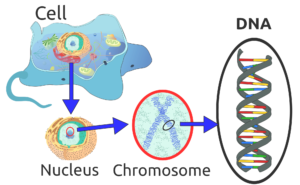Submitted by HLeSueur on 22 April 2016
Dr Tom Chiller, deputy chief of the Mycotic Diseases Branch at the Center for Disease control and Prevention has highlighted the public health threat of drug-resistant fungal infections. Antibiotic resistance has been widely covered and is a recognised public health issue, however; the burden and consequences of antifungal resistance is much less well understood.
The fungus Candida is the most common cause of healthcare-associated bloodstream infections in many hospitals across the United States. A few classes of antifungal agents have been developed over the years and have given physicians the ability to treat these infections, but, just like bacteria, some fungi have developed resistance. Resistance to fluconazole is well established while resistance to echinocandin, a first-line treatment for Candida infections is on the rise – up to 10% from zero in 2004 at some hospitals.
The problem is not just with Candida: since 2002, voriconazole has been the primary treatment of Invasive Aspergillosis, however; resistance to voriconazole is up to 30% in some hospitals in Europe. Studies suggest that resistance may be driven by the use of agricultural azoles, which are used to protect crops from fungal diseases. This resistance has a real impact on patients, with greatly increased mortality in patients with resistant isolates (90% compared with approx. 40%).
Dr Chiller is encouraging hospital executives and infection control staff to assess their antifungal use and to ensure the adherence to hand hygiene guidelines, catheter care guidelines and environmental infection controls efforts. In addition, physicians and other hospital staff are encouraged to follow the following guidelines:
- Prescribe antifungal medication appropriately
- Document the dose, duration and indication for every antifungal prescription
- Be aware of local antifungal resistance patterns
- Be active in efforts to improve antifungal prescribing
News archives
-
Title
Date


 ,
, 






